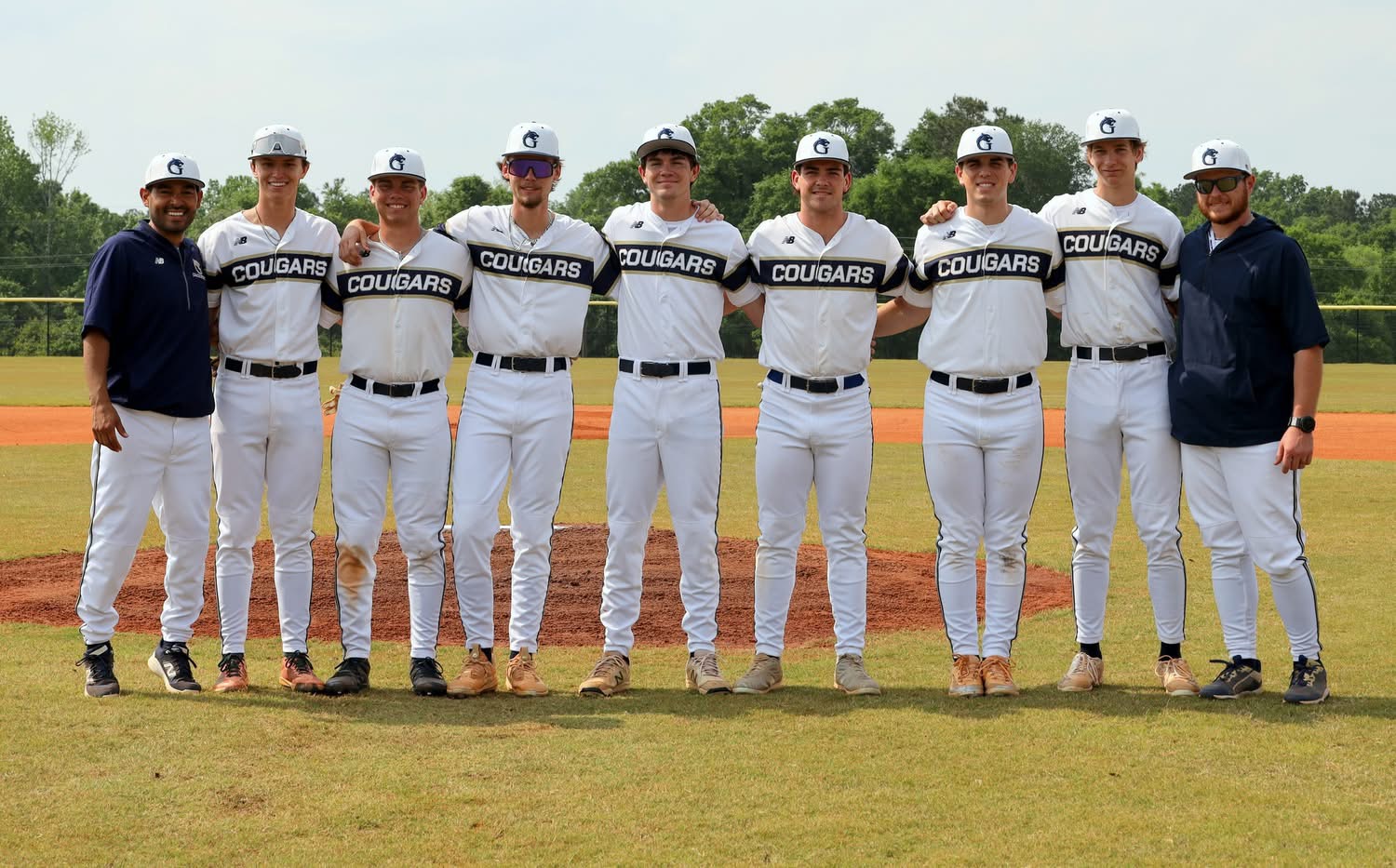Local leaders targeting ‘skeeters’
Published 5:36 pm Friday, May 8, 2009
If you’ve seen or felt any giant mosquitoes flying around, you’re not alone: Bainbridge and Decatur County officials say they are actively responding to a health emergency declared due to a higher than normal number of mosquitoes being seen in Southwest Georgia.
Decatur County is one of 13 Southwest Georgia counties covered under a health emergency declared by the Georgia Department of Health’s Southwest District office.
“This declaration was made to provide support to these counties who are engaged in mosquito control activities because of the dramatic increase in mosquito activity following the heavy rains and flooding of last month,” said Southwest District Health Director Dr. Jacqueline Grant.
Mosquitoes started appearing locally as the weather became warmer in mid-April, and caused the City of Bainbridge to begin spraying for mosquitoes early. Spraying has been going on five days a week in Bainbridge since the last week of April.
“We haven’t always sprayed five days a week,” City Manager Chris Hobby said. “We’ve ramped up our spraying just because of the wet spring we’ve had.”
On Tuesday, the Bainbridge City Council agreed to purchase a second mosquito spray fogger that will be mounted on another pickup truck, which will travel around Bainbridge at dusk each day. Purchase of a second fogger will make it easier to spray throughout the entire city within one week, Hobby said.
He said the mosquito spray would be spread in and around the Earle May Boat Basin to hopefully reduce mosquitoes during the River Town Days festival, which continued today.
The City Council also agreed to pay for more larvacide briquettes, which will be placed in large standing bodies of water. The briquettes spread a thin filmy layer on top of water, where mosquitoes breed. Any mosquito larvae already present will be killed by the chemicals released by the briquettes, according to Hobby.
Examples of places where the briquettes are placed include Coyle Park—or, “The Duck Pond”—on Boulevard Drive, the “Blue Hole” off Lake Drive in West Bainbridge, Bishop Bottom and the pond near the nature trails in the Boat Basin. Spraying has also been done on the nature trails as well as public streets, Hobby said.
Both Hobby and Decatur County Finance Director Carl Rowland said the health emergency declaration may make local governments eligible for federal money to buy mosquitocide and spraying equipment.
Hobby said he has already talked with the Federal Emergency Management Agency, while county commissioners plan to meet with FEMA officials on Monday at 10 a.m. at the County Administration Building.
Rowland said county leaders will be working with the county’s Environmental Health Department to identify which rural areas could benefit from mosquito spraying and larvacide briquettes.
“It’s not as easy as you might think, you actually have to scoop up water samples, take them to a laboratory then count the mosquito larvae,” Rowland said.
Both Hobby and Rowland said they believed the mosquito overpopulation is directly related to the heavy rainfall and flooding in March.
Consider this: Between Jan. 1 and March 25, Decatur County received less than seven inches of rain, compared with 18 during the same period last year, according to the University of Georgia’s Attapulgus Research Farm.
Then during less than one month, more than 14 inches of rain fell, to bring the local year-to-date rainfall to greater than 21 inches by April 13.
MORE:Health advisory issued due to mosquitoesMosquito Control Tips at EPA.gov





